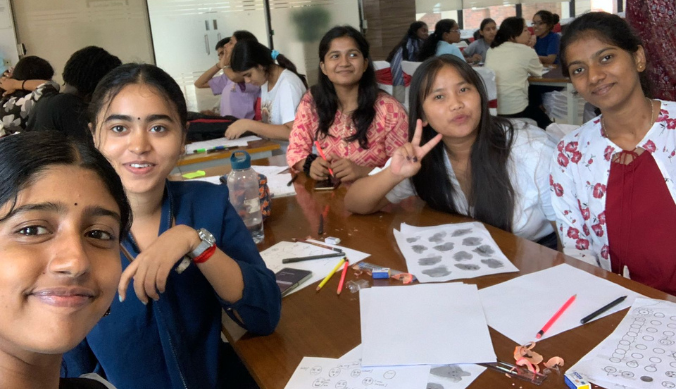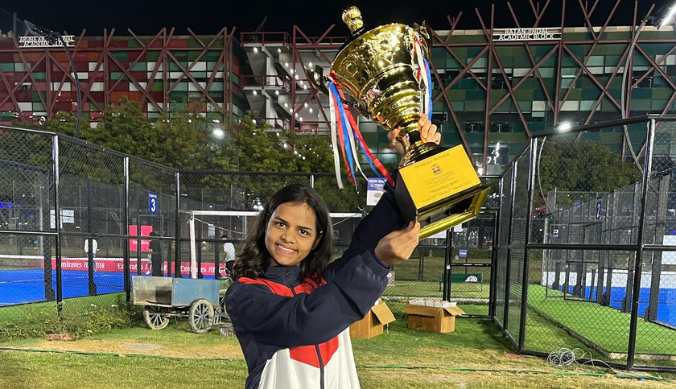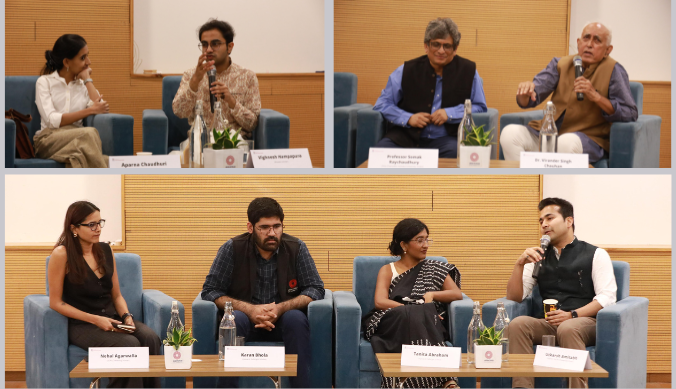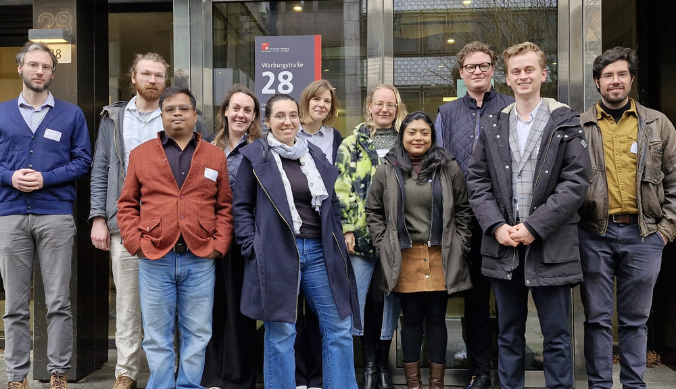Charity or Philanthropy: Transcending the Binaries Associated with Diaspora Giving
The temporal and spatial nature of giving needs to be brought out to have a holistic understanding of diaspora and community philanthropy, writes Mufsin Puthan Purayil
“[G]iving back is deeply ingrained in the fabric of Indian culture”, read an article that appeared on Livemint titled “Philanthropy in India, an age-old tradition”. Indians are no strangers to giving; a robust tradition of giving is quintessential to India’s melting pot of cultures—while Hinduism emphasises Dāna and Sikhism encourages serving others without distinction, Islam reminds the believers of the importance of giving through Zakat. However, despite a long history of giving in various forms, philanthropy remains a highly understudied phenomenon in India.
The CSIP Research Fellowship has allowed me to meticulously explore the intricacies of giving in India. The decision to apply for this Fellowship was also greatly influenced by my own journey of receiving financial and non-cash support from various migrant associations throughout my schooling and higher education. The Fellowship also coincided with my Ph.D. at IIM Calcutta, where I set out to investigate the job search and mobility strategies of a high migrant community–the Mappilas of Kerala. With my academic interest anchored deeply in international migration, this Fellowship afforded me the opportunity to carry out full-fledged research on migrants’ giving.
Despite coming from underprivileged backgrounds and engaging in low-skilled jobs, the Gulf migrants showed great care in helping others. Indeed, the nature and pattern of giving among the migrants have witnessed many changes over the years. While the early forms of giving centred around sharing material gifts and job-related information and providing mobility opportunities in the form of logistical support, modern forms of giving in Malabar are more strategic. The Mappila migrants, majorly employed in low-skilled occupations and running small enterprises, have as much a sense of community development and social welfare as they are concerned about their social mobility.
The findings suggest that an intersectional lens focusing on who gives, when, and how can better capture the nuances of diaspora giving, including its unintended consequences.
While Mappila diaspora philanthropy does entail an overarching religious dimension, as is evident in the words of a Mappila migrant, “Gulf remittance is no ordinary money; it is barakah. So, it has to be used wisely. It has transformative potential.” Contemporary giving of migrants takes different forms. In Malabar, the emergence and popularity of institutionalised entities, such as religious reform organisations, have altered the language of philanthropy. However, my work strives to take the philanthropy debate beyond the redistributive nature of Islamic obligations under the notion of Zakat to map the strategic spirit of Muslim giving. These practices are increasingly becoming more apparent with the activities of the charity wings of faith-based organisations (FBOs) and hometown associations (HTAs) with whom migrants are associated frequently in Kerala.
Moreover, my interaction with Mappila migrants and an in-depth examination of their diverse approaches to giving highlight distinct patterns that diverge from its conventional binary concept, often found in scholarly discussions. A critical scrutiny of the literature reveals that nowhere has this distinction been as vital as it is in the case of diasporas. The literature has an overwhelming tendency to consider the giving of high net-worth migrants as philanthropy. In contrast, the various forms of everyday community services and giving of millions of low-skilled migrants’ are brushed under the carpet of charity–with the latter considered as having a short-term objective and minimal impact against the strategic and visionary nature of the former. Further, it needs to be emphasised that giving does not operate in a normative vacuum; power relations shape the character and impact of giving at all stages. The temporal and spatial nature of giving needs to be brought out to have a holistic understanding of diaspora and community philanthropy. We need to transcend the binaries and taken-for-granted assumptions to understand the micropolitics of giving—more so because Muslim giving is often stereotyped as religious giving with a narrow focus. Limited efforts are made to understand the motivation and strategies involved.
In India’s diverse and multifaceted landscape, CSIP, as a specialised academic research centre of Ashoka University, has been remarkable in its mission to generate knowledge on different forms of giving and build a robust ecosystem around philanthropy. The Philanthropy Fellowship of CSIP, with its generous funding and unwavering research support, provided me with the ideal platform to delve deep into philanthropy studies, especially on the different modalities of diaspora giving. It allowed me to examine philanthropy from various vantage points, fostering a holistic understanding that will be instrumental in shaping my future research.
My academic journey as a CSIP Fellow brought limitations and expansive opportunities in my exploration of philanthropy to light. The specific focus on the diaspora and community giving initially appeared to restrict the breadth of my research. However, as I engaged in meaningful interactions with other CSIP fellows and the research team at Ashoka, I discovered that these limitations were not constraints but catalysts for intellectual growth. Through these exchanges, my perception of giving has broadened, extending beyond the diaspora to encompass critical issues such as climate change, gender equity, juvenile justice, and more.
I look forward to staying connected with this vibrant community and contributing to the ongoing discourse on philanthropy in India.
(Mufsin Puthan Purayil was a Research Fellow with the Centre for Social Impact and Philanthropy in 2022 He is an Assistant professor at Jindal Global Business School, O.P. Jindal Global University, Sonipat)
Study at Ashoka













